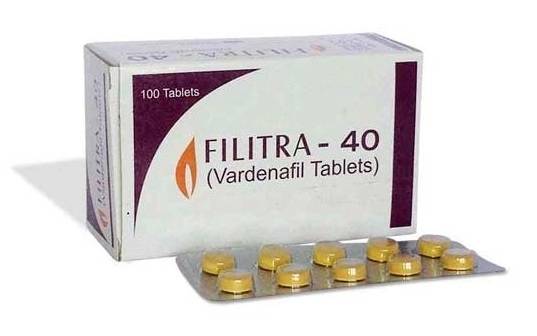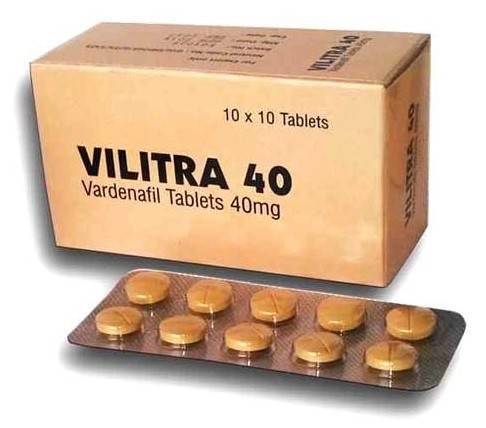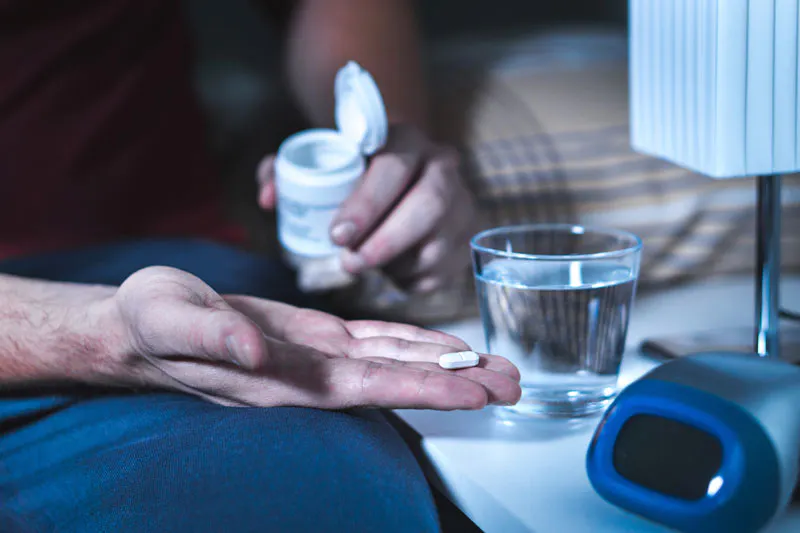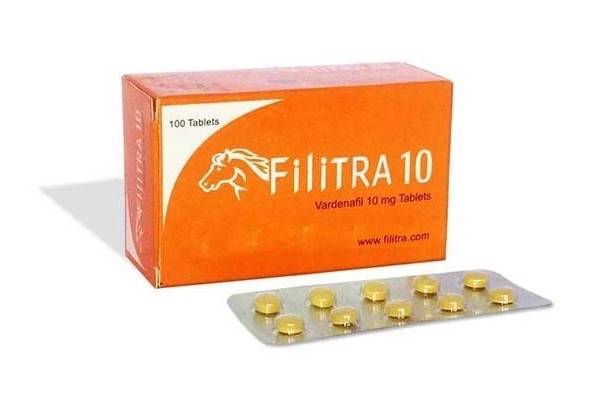Levitra, a globally recognized medication trusted by men worldwide, serves as an effective treatment for erectile dysfunction (ED). Positioned as a leading alternative to Viagra and Cialis, this pharmaceutical solution plays a vital role in helping men achieve and maintain erections, thereby enhancing sexual performance and satisfaction.
Understanding Levitra’s Mechanism of Action
Let’s examine the pharmacological processes that make this medication effective for addressing erectile challenges. The active component in Levitra is vardenafil, a potent PDE5 inhibitor. This class of medications, which includes sildenafil (Viagra) and tadalafil (Cialis), works by targeting specific physiological pathways to improve erectile function.
PDE5 inhibitors function by blocking the phosphodiesterase type 5 enzyme. When unregulated, this enzyme can prematurely terminate the erectile process by restricting blood flow from the penis. By inhibiting PDE5, Levitra helps maintain the natural erectile response, facilitating improved sexual performance.
The therapeutic effect occurs as Levitra’s PDE5 inhibition initiates a biochemical cascade that enhances penile blood flow. The medication achieves this by relaxing smooth muscle tissue in the penile arteries, promoting vasodilation and improved circulation. This physiological response allows for adequate blood retention in the penile chambers, creating and sustaining an erection during sexual stimulation.
Levitra’s ability to support sustained erections offers significant benefits for individuals previously struggling with ED. By counteracting PDE5 activity and improving vascular function, the medication helps men achieve more reliable erections, potentially enhancing sexual confidence and relationship satisfaction.


Individual responses to Levitra may vary based on factors including physiology, concurrent health conditions, and lifestyle. Medical consultation is essential to determine appropriate dosing and administration protocols tailored to each patient’s specific needs.
As a clinically proven ED treatment, Levitra has established itself as a reliable therapeutic option. Its vascular effects offer renewed confidence to men experiencing erectile difficulties. When used as directed, Levitra can contribute to improved sexual function and quality of life.
In summary, Levitra’s vardenafil formulation acts as a selective PDE5 inhibitor, enhancing natural erectile physiology. By improving blood flow dynamics, the medication supports erection formation and maintenance. Treatment outcomes vary among individuals, necessitating professional medical guidance. When properly administered, Levitra can significantly improve sexual performance and satisfaction.

Optimal Usage Guidelines for Levitra
Proper administration is crucial for achieving optimal therapeutic results with Levitra. Available in 5mg, 10mg, and 20mg oral tablets, dosage should be individually determined by a healthcare provider based on medical assessment and treatment response.
For 5mg or 10mg formulations, standard protocol recommends taking one tablet approximately 30-60 minutes before anticipated sexual activity. This timing allows for peak plasma concentration coinciding with sexual stimulation. If initial response is inadequate (after medical consultation), dosage adjustment to two tablets may be considered.
The 20mg formulation represents the maximum recommended daily dose, with administration guidelines mirroring lower strengths. Strict adherence to the 20mg daily maximum is essential for patient safety and to prevent potential adverse effects.
Administration considerations include: – Preferably taken on empty stomach for optimal absorption – Light meals acceptable; heavy/high-fat meals may delay onset – Avoidance of grapefruit products which may affect metabolism – Alcohol consumption may reduce efficacy
Proper use of Levitra requires understanding these administration parameters. Consultation with a healthcare provider ensures appropriate usage while minimizing potential risks. For comprehensive information about erectile dysfunction management, professional medical advice is recommended.
When used according to medical guidance, Levitra can significantly improve erectile function, contributing to enhanced sexual experiences and relationship satisfaction.
In clinical practice, Levitra demonstrates: – Typical onset within 30-60 minutes – Duration of effect up to 5 hours – Dose-dependent response profile – Food interaction potential requiring consideration

Fasting administration enhances bioavailability, with peak plasma concentrations typically achieved within one hour post-dose. The therapeutic window extends approximately five hours, allowing flexibility in sexual activity timing.
Levitra’s pharmacokinetic profile demonstrates: – Rapid absorption characteristics – Extended duration of action – Predictable elimination patterns – Consistent therapeutic effects
Levitra and Sexual Desire: Clinical Considerations
Levitra’s mechanism is strictly physiological, addressing the physical aspects of erectile function rather than libido. The medication facilitates the mechanical process of erection formation when sexual desire exists, but does not create sexual interest where none exists.
Patients experiencing decreased libido should consult their physician, as this may indicate: – Medication side effects – Hormonal imbalances – Psychological factors – Underlying health conditions
Comprehensive evaluation can identify potential causes and guide appropriate treatment strategies for libido-related concerns.
Key clinical points regarding Levitra’s effects: – Requires sexual stimulation for efficacy – Does not increase sexual desire – May improve confidence through better erectile function – Should be part of comprehensive sexual health management








